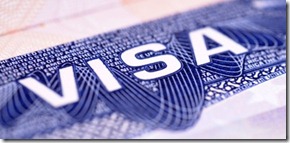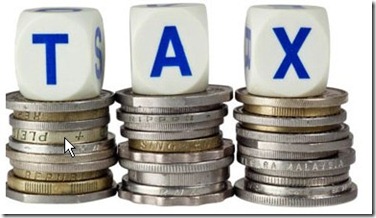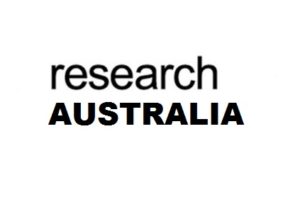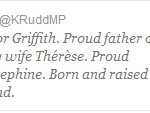Sometimes, announcements from the ECB and the following press conference with bank president Mario Draghi can be interesting occasions that leave us with plenty to discuss – such as the time in April 2015 when a protestor attacked Draghi with glitter and confetti before he had a chance to make his comments. The interest rate announcement on the 19th of January in Frankfurt, however, was far less dramatic, both in terms of content and eventfulness.
No Change in Interest Rates
As anticipated, the ECB has decided to keep interest rates as they are for the time being, reasoning that the desired effects of the current low rates were beginning to show. The refinancing or ‘refi’ rates are to stay at zero, and deposit rates will remain at -0.40%, This is not only what was expected from this announcement, but is expected to be the status quo for some time to come.
It was also announced that quantitative easing will be set to continue without any reduction in investment from the current rate.
Mario Draghi’s Dovish Stance
Draghi’s press conference did surprise some forex and indices trading analysts – with positive signs indicating a potential uplift in the inflation and growth in the Eurozone, some were wondering why quantitative easing is to continue at its current rate. The answer that was received was that core inflation isn’t showing a convincing enough upward trend to convince Draghi and the ECB that quantitative easing (a program of investment by the ECB into government bonds intended to bolster the Eurozone countries) should begin to be reduced at this time.
Draghi is known for his prudent, sensible and often – in trader terms – dovish style, and this was very much in evidence on this occasion. It is likely that Draghi intends to wait and see how things play out in the changing economic landscape that is being created by events like the UK leaving the single market, and Trump beginning to put his presidential plans into place.
The Market’s Reaction
In the time leading up to the announcement, the euro ramped up a little, before taking a bit of a dive after Draghi’s press conference. This indicates that some might have been hoping to see some more bullish tactics from Draghi, especially with regard to quantitative easing (interest rates not changing was already taken as a given). However, the days when announcements like these take place are always volatile ones for currency pairs that include the euro, and generally, there are no real knock on effects from this, with the euro seeing a bit of turbulence throughout the trade day but ending up pretty close to where it started.
Effectively, this has been an interesting time for the euro, but with Theresa May’s announcements about her plans for Brexit involving leaving the single market and Trump’s official inauguration, for once, this ECB announcement was probably one of the least impactful things to happen in the week’s trading!
Some analysts predict that QE will need to start being dialled back soon, and that now would have been better than later, however other than that, there was very little that could be read into this announcement and press conference other than that the ECB doesn’t seem keen to add any more complication into the global mix right now!













